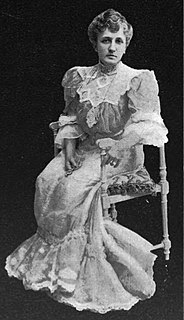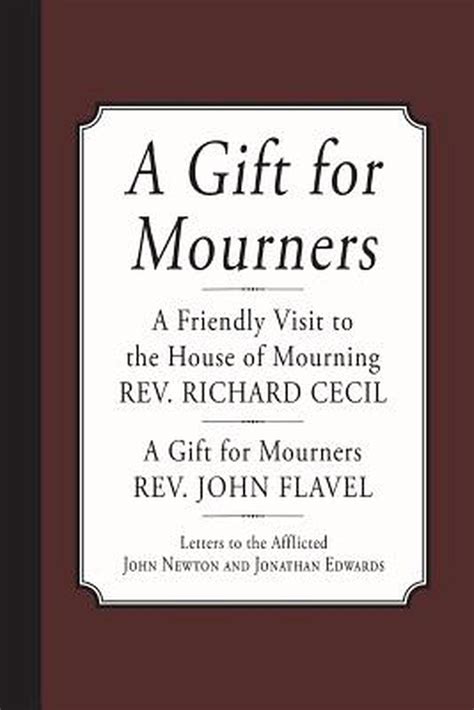A Quote by John Carroll
What stands most explicitly as critique in Nietzsche's late work in not a development from earlier interests but a return to two problems of enduring personal involvement for him, those of Wagner and of Christianity. Der Antichrist , to take one case, is not a response to a resuscitating public interest in Christian religion; it is primarily a renewed attempt to resolve for himself the question of piety.
Related Quotes
Christians have always tended to transform the Christian Revelation into a Christian religion. Christianity is said to be a religion like any other or, conversely, some Christians try to show that it is a better religion than the others. People attempt to take possession of God. Theology claims to explain everything, including the being of God. People tend to transform Christianity into a religion because the Christian faith obviously places people in an extremely uncomfortable position that of freedom guided only by love and all in the context of God's radical demand that we be holy.
Stirner and Nietzsche [adopt] a mode of thinking which is personal, introspective, and which while often operating on alternative systems of belief and action does so only as a means of better grasping one dominant goal the patterns of individual redemption. Stirner and Nietzsche are not primarily interested in critique as such. ... Their work is too egoistically compelled for them ever to employ the external world as more than the repository for a series of projections of their own.
In two areas above all others the Christian demonstration of love and communication stands clear: in the area of the Christian couple and their children; and in the personal relationships of Christians in the church. If there is no demonstration in these two places, on the personal level, the world can conclude that orthodox Christian doctrine is nothing but dead, cold words.
And that's the type of thing I'm trying to speak out against the most, religion controlling what we see and what we do in our personal lives, even if you're not a part of that religion. Antichrist Superstar[the album] is a challenge really, to traditional morality and it's...to make people question that and make people think about different perspectives.
RELIGION is one's opinion and belief in some ethical truth. To be a Christian is to have the religion of Christ, and so to be a believer of Mohammed is to be a Mohammedan but there are so many religions that every man seems to be a religion unto himself. No two persons think alike, even if they outwardly profess the same faith, so we have as many religions in Christianity as we have believers.
The idea that Christianity is basically a religion of moral improvement... has its roots in the liberal Protestantism of the late nineteenth century and early twentieth century... It is this stereotype which continues to have influence today... But then came the First World War... What had gone wrong was that the idea of sin had been abandoned by liberal Christianity as some kind of unnecessary hangover from an earlier and less enlightened period in Christian history.
The life of West, Nietzsche said, is based on Christianity. The values of the West are based on Christianity. Some of these values seem to have taken a life of their own, and this gives us the illusion that we can get rid of Christianity and keep the values. This, Nietzsche says, is an illusion...Remove the Christian foundation, and the values must go too.
where Nietzsche's response to the equation of socialism and morality was to question the value of morality, at least as it had been customarily understood, economists like Mises and Hayek pursued a different path, one Nietzsche would never have dared to take: they made the market the very expression of morality.
Christianity is not a religion. Christianity is the proclamation of the end of religion, not of a new religion, or even of the best of all religions. If the cross is the sign of anything, it's the sign that God has gone out of the religion business and solved all of the world's problems without requiring a single human being to do a single religious thing. What the cross is actually a sign of is the fact that religion can't do a thing about the world's problems - that it never did work and it never will
We are a people of different faiths, but we are one. Which faith conquers the other is not the question; rather, the question is whether Christianity stands or falls.... We tolerate no one in our ranks who attacks the ideas of Christianity... in fact our movement is Christian. We are filled with a desire for Catholics and Protestants to discover one another in the deep distress of our own people.
The processes of secularization that followed in the wake of the Reformation continue to work themselves out in complicated ways, not only in Europe but also in North America. To make a very long and complex story short, the success of the Reformation combined with the persistence and renewal of Roman Catholicism in the 16th and 17th centuries made Christianity into an enduring, disruptive problem in new ways, layered on top of problems that already affected late medieval Christianity.





































